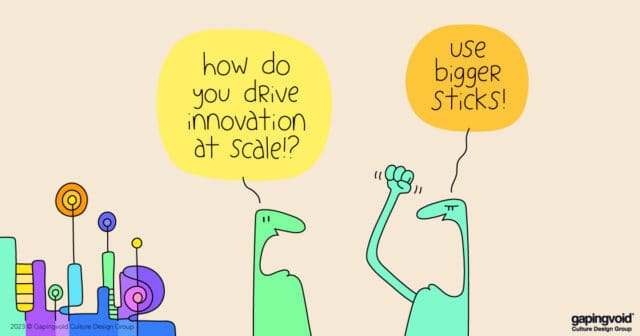
Recently, Nike had almost all employees take an entire week off.
No negotiating.
Balsamiq, a European software firm, mandated 18 days of vacation.
No negotiating.
PwC did something similar, mandating one week off in July and one week off in December, for its 60,000 employees.
No negotiating.
How could they do this?
The monsters…
Jokes aside, these mandated “days off” tell us something about people, profit, and productivity.
Let’s start with this premise: We have no reason to assume these companies would work against their bottom line.
Even though these mandates hint at humanitarian motives, companies act in their best financial interests (besides, they already offer employees plenty of optional time off).
In other words, more work doesn’t always equate to higher productivity and greater profit.
A rested and relaxed employee can do more in less time than a burned out one. And research backs this up.
The relationship between work and productivity is not a positive correlation, it is a bell curve.
There is an optimal balance.
The Culture Club
|
|



